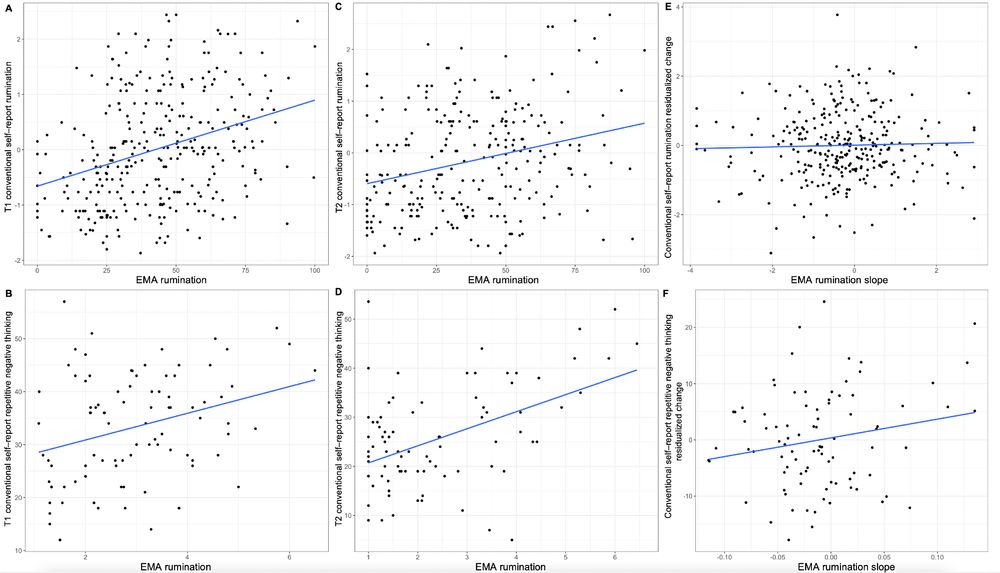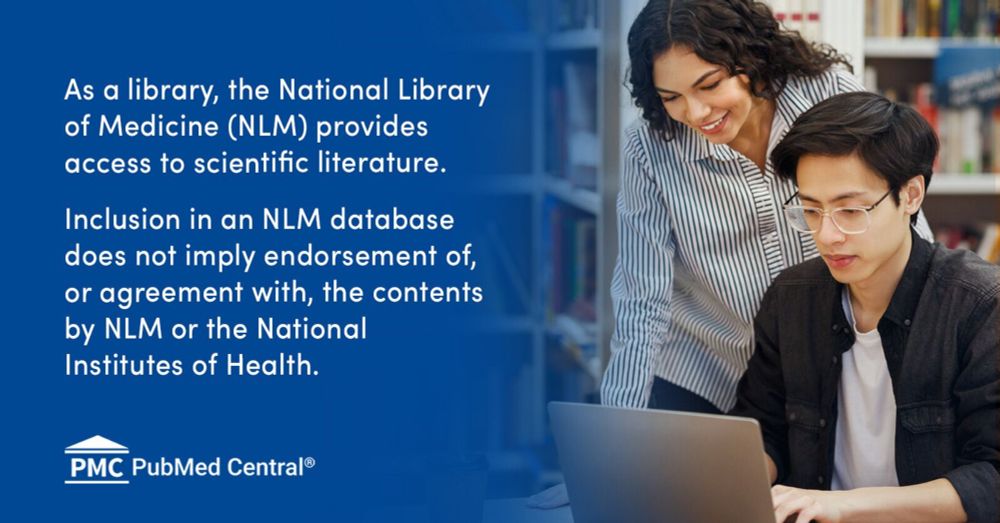Christian Webb, PhD
@christianwebb.bsky.social
2.4K followers
730 following
100 posts
Associate Professor | Harvard Medical School
Co-Director | Center for Depression, Anxiety, & Stress Research
Director | Treatment & Etiology of Depression in Youth Lab | McLean Hospital | www.WebbsLab.com
McGill & UPenn alum | Canadian in Boston
Posts
Media
Videos
Starter Packs
Reposted by Christian Webb, PhD
Reposted by Christian Webb, PhD
Koraly
@drkoraly.bsky.social
· Aug 22

Postdoctoral Research Scholar, The Cognition, Affect, and Temperament Lab, College of the Liberal Arts, Department of Psychology-2
APPLICATION INSTRUCTIONS: CURRENT PENN STATE EMPLOYEE (faculty, staff, technical service, or student), please login to Workday to complete the internal application process. Please do not apply here, a...
psu.wd1.myworkdayjobs.com
Reposted by Christian Webb, PhD
Aidan Wright
@aidangcw.bsky.social
· Jul 4









